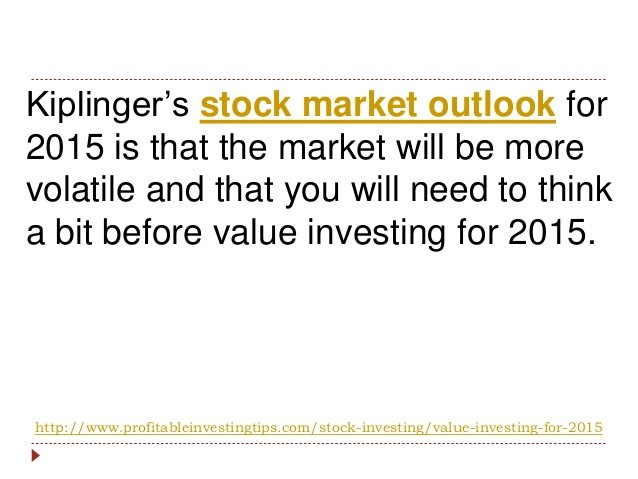The Outlook for Value Investing US News
Post on: 11 Май, 2015 No Comment

Author Janet Lowe says investors shouldn’t turn their back on this classic strategy.
With news that the blistering 33-week streak of investors’ mass exit from U.S. equity funds ended in the final week of 2010, value investors should be particularly delighted. Although many value funds saw double-digit gains in 2010, growth funds continued to outpace the former, a continuation of 2009 when the Morningstar U.S. Growth index returned more than double that of its value index. Much of 2010’s outflows came from value fund investors, according to the Morningstar, whose preference for safety pushed them away from the stock market into bonds.
A new book, The Triumph of Value Investing: Smart Money Tactics for the Postrecession Era. challenges investors not to turn their back on this classic strategy. Author Janet Lowe also addresses the subject as it pertains to commodities and foreign stock markets. Recently, U.S. News spoke with Lowe about how value investing has changed in recent years and how these strategies have changed since the philosophy’s progenitor Benjamin Graham arrived on the scene.
After the market turmoil at the beginning and end of the last decade, many investors appeared to give up on the value of value investing and stocks in general, preferring bonds and commodities instead. Do you believe there are ever multi-year periods when value investing doesn’t work?
No, I don’t, because value investing, if you follow it, you would have been a little better prepared. Of course it was such a massive event that hardly anyone escaped unscathed, but value investors overall did better. And then an event like this is a great opportunity for value investors to buy what they need and ride the market higher. Even in my own experience with my own portfolio, I came back faster than most people in the economy.
Growth stocks beat value stocks in both 2009 and 2010. Do you think a change of fortune is in the air?
I would encourage people to think more long-term, because that is the best protection. But I’m also one of these people who take exception with the general field of growth versus value. I think a lot of growth stocks are also value investments. If they have the basic fundamentals, you can have a growth segment in your value portfolio. But it’s not based on speculation.
Google is an example. Even when it went public, there was enough information. There was an earnings and sales history you could look at and make an evaluation.
How has the value investing landscape changed in the post-recession era, and how, if at all, should less-experienced value investors alter their strategies?
Two of the changes had already occurred, and they were that global investing and technology investing had become necessary. You couldn’t avoid these fields.
The next one is that you have to take into account the value of the dollar, because investing has become so global even when investing in U.S. equities. A General Electric or a Kraft Foods has a worldwide span. The strength of the dollar and the future of the dollar is a new element to consider. You have to realize that the dollar may be vulnerable because of our deficit and what’s going on in the rest of the world. I emphasize in this book that you can’t always expect the dollar to be as dominant as it once was. We’ll have good years and bad years, but you always have to be ready for the bad years.
[See top-rated mutual funds by category ranked by U.S. News Score .]
What is the most common misunderstanding of value investing?
A lot of people think it’s just a formula. You take six different elements, you plug in the numbers and you come up with something. But it’s actually a philosophy of trying to find undervalued investments in whatever field you’re investing in. You could even realistically apply it to buying real estate. You want to buy the highest quality that you can at the lowest price you can. I think sometimes certain value funds are misnamed because they have such a narrow definition, but I like a much broader definition.
If an investor isn’t confident about buying individual stocks, are there any value mutual funds you trust?














